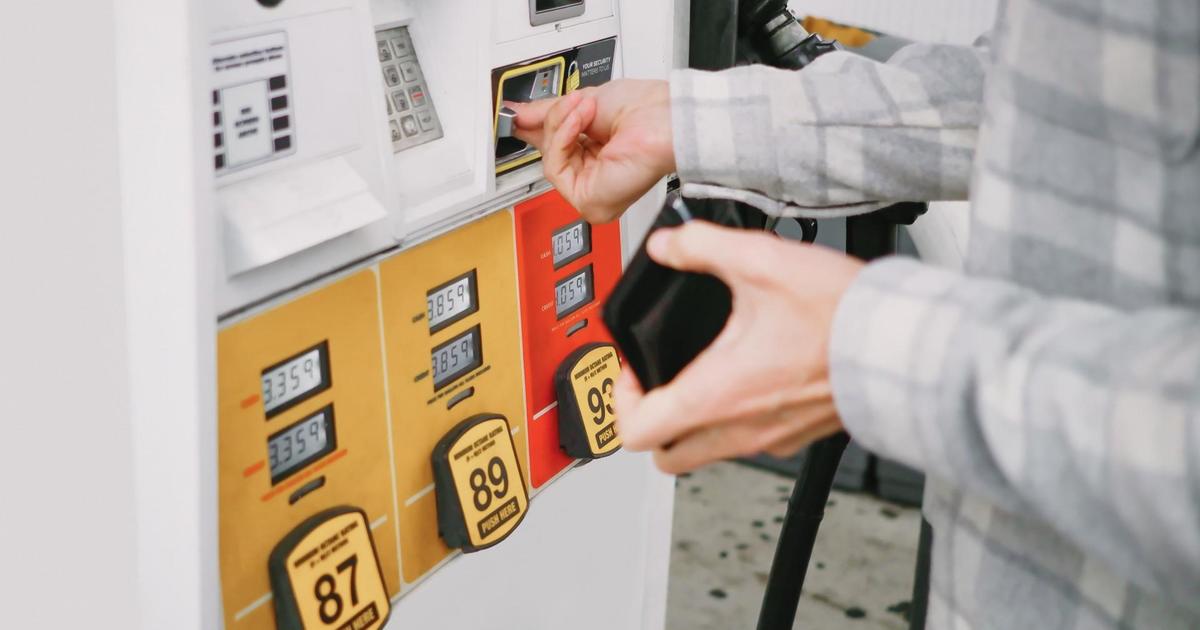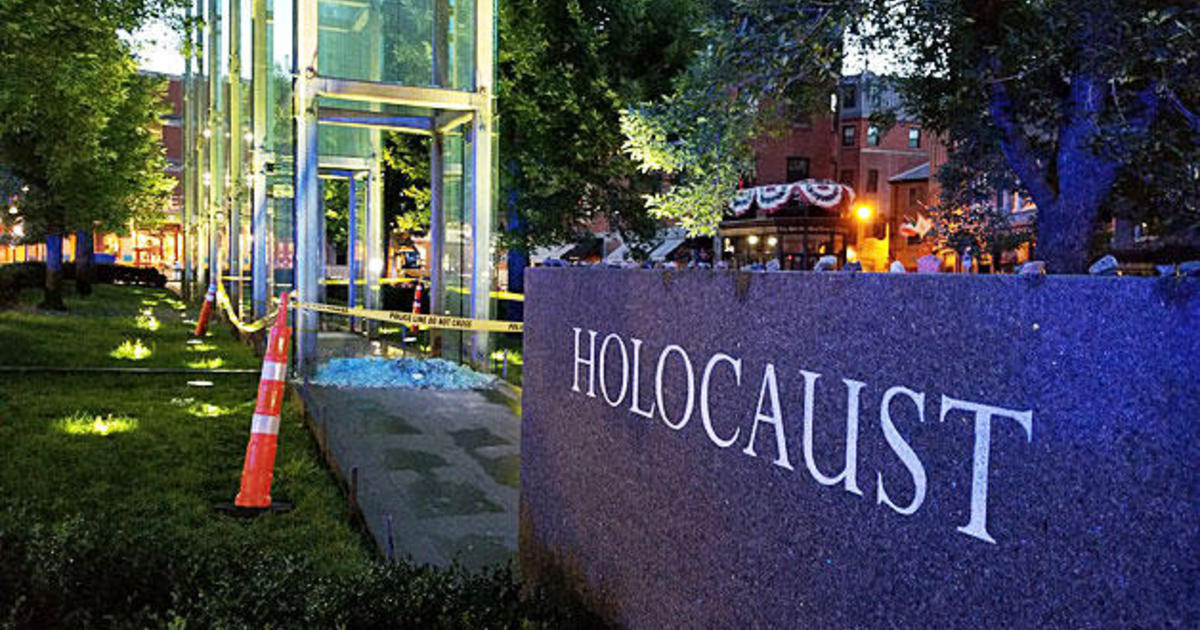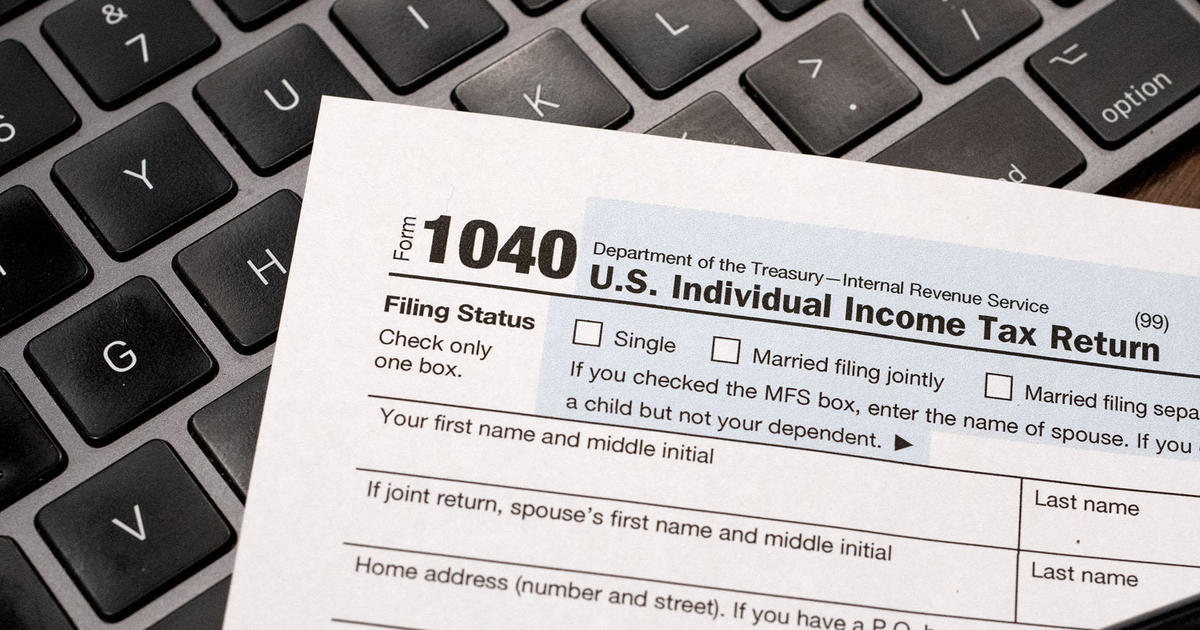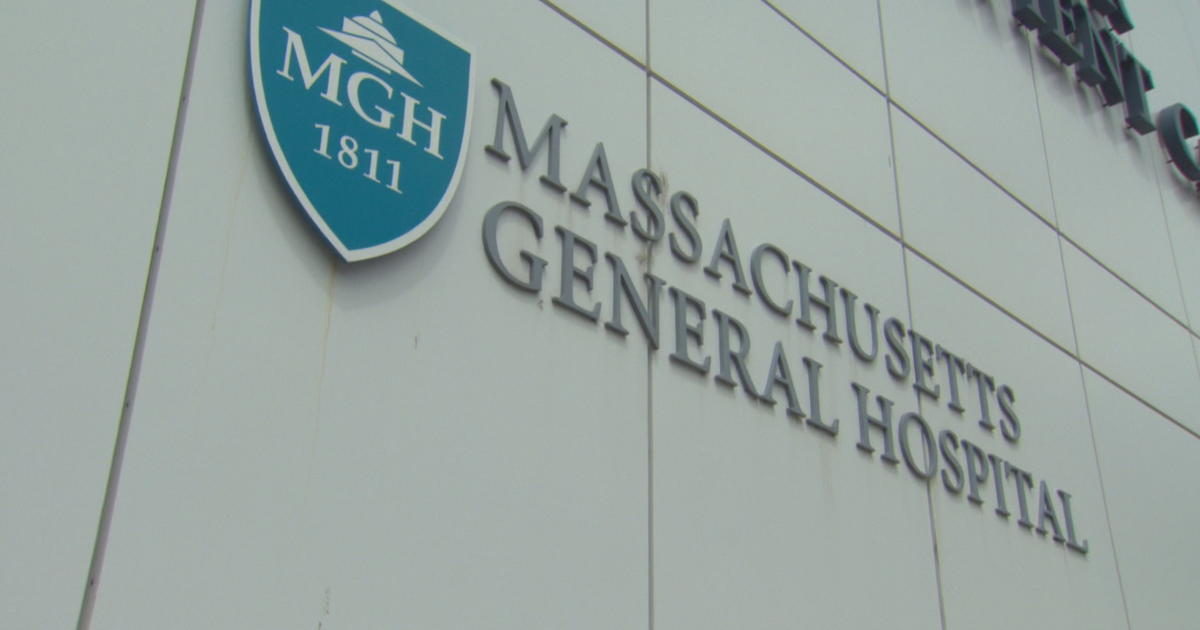Baker: $27 Million Needed To Fight Deadly Painkiller Addiction Epidemic
BOSTON (AP) — Massachusetts is in the midst of an epidemic of deadly opioid abuse, according to a task force created by Gov. Charlie Baker that said Monday that drug addiction must be considered a medical disease.
The 18-member group released a total of 65 recommendations in the areas of prevention, education, intervention, and treatment and recovery, after holding a series of meetings around the state in recent months.
Read: Key Initiatives
"Over the past decade, more than 6,600 members of our community have died because of opioids, and behind those deaths are thousands of hospital stays, emergency department visits, and unquantifiable human suffering inflicted upon individuals, families and our communities," the task force said in an overview of its report.
Baker began a Statehouse news briefing on the report by introducing Janis McGrory of Harwich, who lost her 23-year-old daughter, Liz, to an accidental heroin overdose in 2011. McGrory is featured in one of several public service television announcements that recently began airing in the state.
WBZ-TV's Jon Keller reports
Baker said he expected the overall task force plan to require about $27 million in new state funding to implement.
'RE-THINK THE WAY WE TREAT ADDICTION'
"The solution to eradicating opioids is not a one-size-fits all approach, and will require all of us to rethink the way we treat addiction," the governor said in a statement.
Since addiction often begins with the abuse of prescription painkillers, the task force's recommendations include strengthening the state's prescription-monitoring program and requiring education in safe prescribing practices. It also calls for appointing addiction specialists to state boards that oversee doctors, nurses, physician assistants and dentists.
The task force, which was chaired by Secretary of Health and Human Services Marylou Sudders and included Attorney General Maura Healey, seeks a change in the state's civil commitment law that would allow an individual with a substance abuse problem to be taken, involuntarily if necessary, for assessment.
'NOT GOING TO ARREST OUR WAY OUT'
"We are not going to arrest or incarcerate our way out of this," said Healey, who along with Baker noted the opiate crisis was affecting families in all corners of the state, urban and rural, and regardless of income.
Sudders said addiction must be treated as a chronic medical disease no different than diabetes, heart disease or others.
The report also calls on the Legislature to make the anti-overdose drug naloxone more affordable for first responders through bulk purchasing programs.
It would require opioid education prevention programs in public schools and during mandatory student athletic meetings. Baker noted evidence that many young athletes become addicted to painkillers after sports injuries.
The report said 100 new treatment beds are needed by July 2016 and calls for an increase in the number of office-based opioid treatment programs in community health centers. Another recommendation calls for partnering with a major pharmacy for a drug take-back program that would allow people to return unused painkiller medication.
WBZ NewsRadio 1030's Ben Parker reports:
Copyright 2015 The Associated Press. All rights reserved. This material may not be published, broadcast, rewritten or redistributed.



